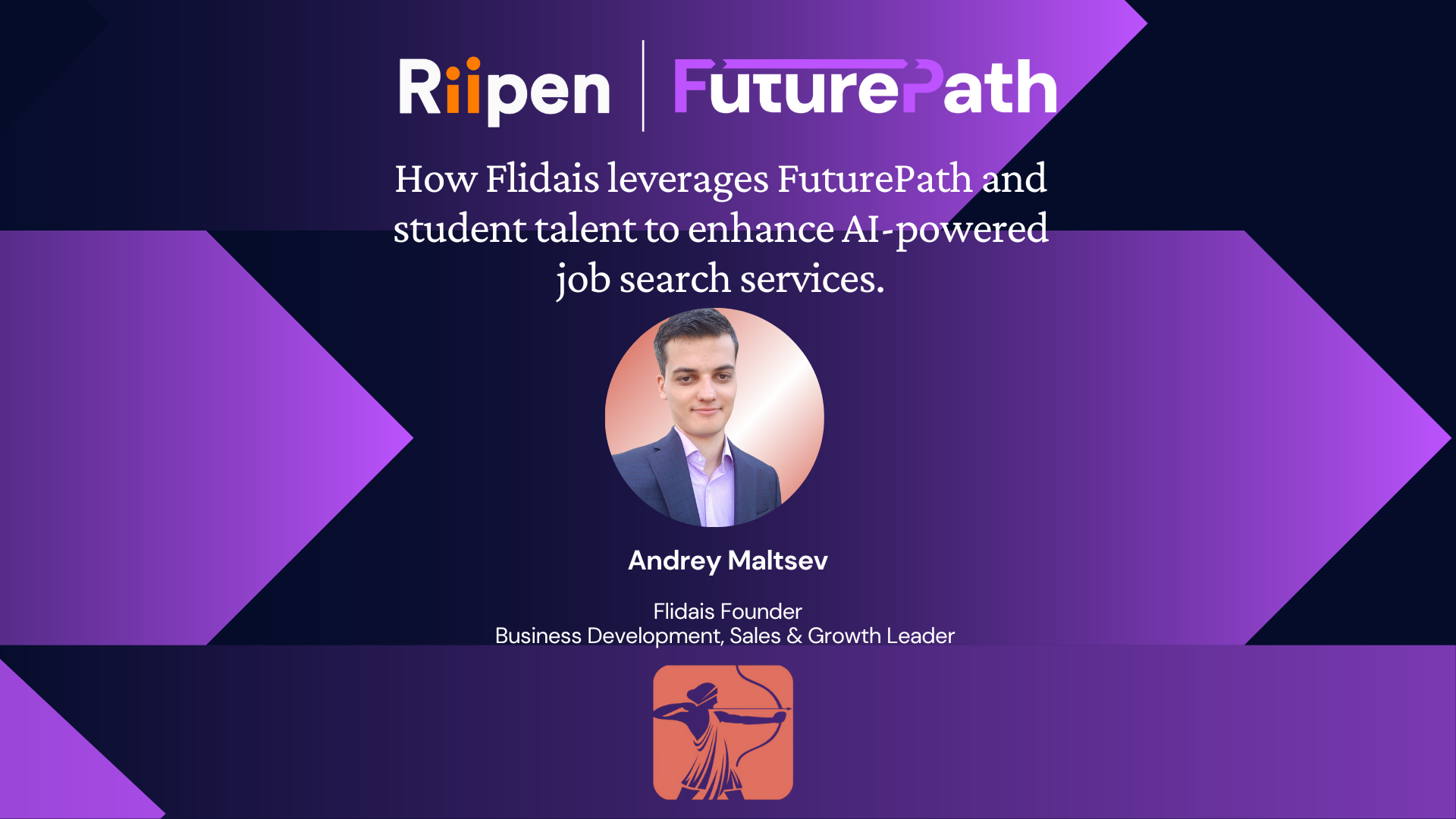Empowering future leaders from the classroom: The world-readiness approach for global success.
.png)
In the ever-evolving landscape of education, the concept of students being world-ready and equipped for global success has been on the rise. Educators and institutions are beginning to adopt a curriculum that ensures student success through experiential learning. But what exactly does world-readiness entail, and why is it crucial for the trajectory of our learners? Join us as we delve into a thought-provoking conversation with Dr. Mara Woody, Ed.D, an esteemed educator, to unravel the significance of world readiness and its transformative power for students.
Dr. Mara Woody, Director of Strategic Partnerships, talks about the multifaceted dimensions of world readiness, emphasizing its pivotal role in shaping individuals who excel professionally and contribute meaningfully to their communities.
Reflecting on the traditional classroom model, Dr. Woody acknowledges its strengths in building academic knowledge and critical thinking skills. However, she highlights the need for a shift towards integrating classroom learning with real-world application to better prepare students for the challenges they will face post-education. With over 2 decades of experience in education and working closely with private and public institutions across the United States, Dr. Woody navigates the intricacies of modern education, exploring how experiential learning bridges the gap between theoretical knowledge and practical application.
World readiness, as Dr. Woody describes it, transcends mere job training or technical skills. She emphasizes the importance of experiential learning in fostering not just technical or soft skills but also problem-solving abilities and community engagement. Here is a peek into the conversation with Dr. Mara Woody.
Q: Why is “world readiness” significant for students' future success?
Dr. Woody: World readiness is a multifaceted concept that goes beyond mere technical or soft skills training. In education, it's about preparing students to navigate complex environments, contribute to their communities, and solve real-world problems. It's not just about job training but about equipping individuals with the ability to thrive in all aspects of their lives after completing their education.
Q: How do you think the approach differs for the social sciences stream? Is it general, or does it vary across different fields?
Dr. Woody: I think with social sciences, such as political science, psychology, and sociology, the approach isn't always tailored to specific career paths. Instead, it equips students with a versatile skill set that opens doors to various fields. This flexibility allows for exploration and adaptation to different domains. It's crucial not to frame this as vocational training or job-specific skill development but rather as preparation for navigating the world's personal and professional complexities. The emphasis lies on cultivating skills like communication, teamwork, and critical thinking, which are valuable across all aspects of life. This approach ensures that learners are equipped early on to excel in any path they choose without needing continuous catch-up in adulthood.
Q: How do you think the traditional classroom-focused education system should be developed to prepare students for the complexities of the modern world?
Dr. Woody: The traditional classroom system works well, particularly in building exceptional academic knowledge and critical thinking skills. However, in today's fast-paced world, there's a growing need to bridge the gap between classroom learning and real-world application. The challenge lies in integrating academic knowledge with practical skills to prepare students for the ever-changing demands of the workforce.
Q: What are the potential challenges in implementing a curriculum that prioritizes world readiness and global competence in students?
Dr. Woody: One significant challenge is the cultural barrier between the education system and workforce development. These two sectors have historically operated in silos, making it difficult to merge their approaches. Additionally, ensuring equitable access to skill development opportunities is crucial, as marginalized populations often face barriers to access. Scaling skill-based programs to reach underserved communities remains a persistent challenge.
Q: How can educators ensure that their students are equipped with world-readiness skills?
Dr. Woody: Educators, particularly faculty, are instrumental in driving this shift. Students look up to their professors as long-term, sometimes even lifetime mentors. This makes educators and faculty key influencers in promoting world readiness. Streamlining administrative processes and providing effective communication tools are essential to support faculty. Integration with the right learning management systems (LMS) can help simplify the adoption of new methods without adding to the faculty's workload. Continual improvement and innovation in support services are vital to empower faculty in their teaching endeavours.
Q: Is there a difference in implementing world readiness initiatives across different academic disciplines like social sciences?
Dr. Woody: While the overarching goal of world readiness remains consistent, the approach may vary across disciplines. Social sciences emphasize critical thinking, communication, and problem-solving skills applicable in diverse contexts. It's essential to tailor initiatives to each discipline's unique needs and objectives while ensuring alignment with broader educational goals.
In conclusion, Dr. Mara Woody urges a paradigm shift in how we perceive education, emphasizing collaboration and support for institutions and educators. By championing world readiness initiatives, we pave the way for a generation of learners equipped to navigate the complexities of the modern world with confidence and purpose. As we embark on this journey of educational transformation, let us embrace a mindset of partnership and empowerment, recognizing educators' invaluable contributions in shaping tomorrow's leaders.

Incorporate world readiness into your social sciences curriculum today.












.png)
























